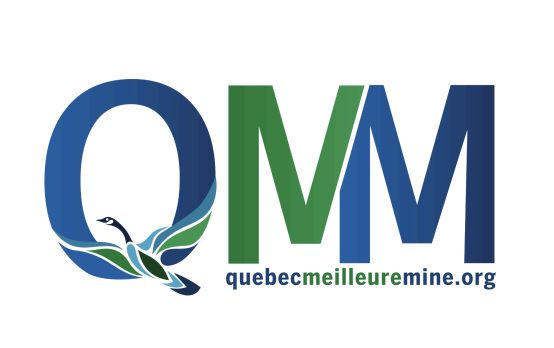On May 6, 2024, a regulatory amendment to the Regulation respecting mineral substances other than petroleum, natural gas and brine will come into force in the province of Quebec. The purpose of this regulatory amendment is to better take into account the concerns of populations affected by "impact" exploration work. But what do these changes actually entail? In a nutshell:
- Exploration work with "impacts" requires prior authorization (autorisation pour les travaux à impacts, or ATI);
- This ATI will require the holder of the mining title (claim) to send a brief description of the work he wishes to carry out to the Executive Director of the municipality and/or to the band councils of the First Nations communities inhabiting the territory concerned. Upon receipt of this notice, the municipality ED will have 10 days, and the First Nations communities will have 30 days, to send their questions and comments to the holder of the mining title. The holder must respond to these questions and comments, and will then receive his ATI;
- No additional "consultation" is planned, just an exchange of information on certain exploration work. Within municipalities, only the ED will receive this information from the company. Not citizens, landowners or tenants. The same applies to First Nations communities;
- “Impact" exploration work includes: "work carried out with machinery using hydraulic power or work using explosives" (excavation, stripping, bulk sampling, drilling, refraction seismic geophysical surveys) and "work carried out with a hydraulic pump for gold panning purposes" (Regulatory Analysis, p.7). Such work represents barely 3.75% of exploration work (ibid., p.6) in the province as a whole;
- Applications for exploration permits will potentially be matched with applications for "forest intervention permits in forests under public ownership" (ibid., p.20), and the Ministry will provide industry with "electronic service delivery" (ibid) for ATI and its renewal;
- It is expected that around 130 ATI applications will be submitted each year, spread throughout the province;
- Neither the municipalities nor the communities informed of the work, nor even the Minister of Natural Resources, will have the power to refuse to carry out this "impact" work. The Minister can only impose conditions to govern the work. These ATI requests will be no more than a simple sharing of information, with no discretionary power granted to the stakeholders concerned.
Although they reflect the Ministry's desire to inform local populations about mining projects, these regulatory amendments miss the mark when it comes to the importance of obtaining the free, prior and informed consent of any population affected by these economically-oriented projects. Considering that First Nations feel that the Crown is in breach of its obligation to consult them before mining claims are issued, it's hard to argue that this new procedure, which takes place after mining claims have been issued, changes the situation.
Here is what the detailed description of each impact work planned by the promoter must include according to the regulation:
- The nature of the work and how it will be carried out;
- Surface area and volume of minerals to be extracted;
- The number of drilling holes planned, if any;
- The expected duration of the work and the period during which it will be carried out;
- The location where the work will be carried out;
A brief description of any proposed restoration measures. However, let's not forget that a worthy consultation should include:
- Public meetings, open to all and held on more than one occasion, allowing the presentation of detailed, independent information (not produced solely by the company) on the impact of its work;
- Transparent feedback to show that comments and questions have been incorporated into the work;
- Details of the mitigation measures that will be applied to address the expected impacts, as well as any sensitive areas or land features that need to be considered when planning the work;
- Brief details of the company itself: who are they? What kind of ore are they looking for? Is the financing public or private?
In response to these changes, and with a view to making these exchanges with the promoter as useful as possible, we encourage you, depending on your interest or needs, to:
- Communicate your need to be consulted by your municipality ED or your band council when they receive information from mining companies about ATI;
- Communicate to the ministry (MRNF) your interest in having liaison officers available to the public to obtain the same level of information and answers to your questions and comments as the mining industry;
- Demand that these communications be systematically put online, since the work will have an impact on elements of the common good (water, land, quality of life, etc.).
Additional resources:
To find out more about the development and impacts of a mining project on water, as well as how to build a healthy community, we invite you to consult our Citizen's Guide to these issues.
See also our October 2023 joint comments with Coalition Québec meilleure mine, MiningWatch Canada and Eau Secours on the draft regulations before they come into force.
As well as the Directive concernant l'autorisation pour travaux d'exploration à impacts of the MRNF, which came into effect on February 7, 2024.
Source : Coalition Québec meilleure mine
For more information:
- Rodrigue Turgeon, lawyer, Coalition Québec meilleure mine and MiningWatch Canada, 819-444-9226, rodrigue@miningwatch.ca
- Émile Brassard, Mining Analyst, Eau Secours, emile@eausecours.org
